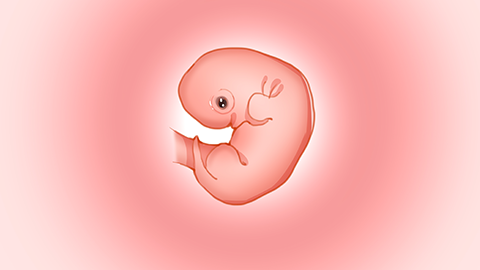What causes fetal hemangioma?
Fetal hemangioma formation may be caused by abnormal vascular development during embryogenesis, genetic factors, maternal hormonal fluctuations, intrauterine infections, or underlying maternal diseases. It can usually be managed through prenatal monitoring and medication. If abnormalities are detected, timely medical consultation is recommended. Specific causes are analyzed as follows:

1. Abnormal vascular development during embryogenesis: Abnormal proliferation and differentiation of vascular endothelial cells in the embryo lead to excessive blood vessel growth. Regular ultrasound monitoring during pregnancy is required, and postnatal management should be planned based on individual circumstances.
2. Genetic factors: A family history of hemangiomas may result in the fetus inheriting susceptibility genes, increasing the risk of developing hemangiomas. No special prenatal interventions are needed; early postnatal screening and observation are recommended.
3. Maternal hormonal fluctuations: Elevated hormone levels during pregnancy may stimulate fetal vascular endothelial cell proliferation. Pregnant women should avoid using hormonal medications without medical guidance. Small hemangiomas after birth require regular follow-up examinations.
4. Intrauterine infection: Maternal infection with pathogens can affect the fetus, leading to disordered vascular development, often accompanied by maternal symptoms such as fever and fatigue. Infections should be controlled under medical guidance using sodium penicillin injection, ceftriaxone sodium injection, or azithromycin injection, along with enhanced fetal monitoring.
5. Maternal underlying conditions: Maternal gestational diabetes or hypertension can cause placental circulatory abnormalities, leading to fetal hypoxia that stimulates abnormal blood vessel growth, accompanied by abnormal maternal glucose or blood pressure levels. Conditions should be managed with insulin injection, labetalol tablets, or nifedipine tablets, along with adjustments to diet and lifestyle.
In daily life, pregnant women should avoid exposure to toxic or harmful substances, take medications only as prescribed, and attend regular prenatal checkups. If a fetal hemangioma is detected via ultrasound, there is no need for excessive anxiety—prompt consultation with a physician for risk assessment and development of an individualized monitoring and treatment plan is advised.




